The Jobsite Radio Market is currently characterized by a dynamic competitive landscape, driven by innovation, technological advancements, and evolving consumer preferences. Key players such as DeWalt (US), Bosch (DE), and Milwaukee (US) are at the forefront, each adopting distinct strategies to enhance their market positioning. DeWalt (US) focuses on integrating advanced features into their products, such as Bluetooth connectivity and rugged designs tailored for construction environments. Bosch (DE), on the other hand, emphasizes sustainability and energy efficiency, aligning its product development with global environmental standards. Milwaukee (US) is known for its aggressive expansion into digital tools and smart technology, which appears to resonate well with tech-savvy professionals in the construction sector. Collectively, these strategies not only enhance brand loyalty but also intensify competition within the market.
The Jobsite Radio Market exhibits a moderately fragmented structure, with several players vying for market share. Companies are increasingly localizing manufacturing to reduce costs and optimize supply chains, which is particularly evident in regions with high demand for construction tools. This localization strategy allows companies to respond swiftly to market changes and consumer needs. The collective influence of major players, including Ryobi (JP) and Black+Decker (US), further complicates the competitive dynamics, as they continuously innovate to capture a larger share of the market.
In August 2025, Milwaukee (US) announced the launch of its new line of jobsite radios featuring enhanced Bluetooth capabilities and a rugged design specifically for outdoor use. This strategic move is significant as it not only caters to the growing demand for connectivity on job sites but also reinforces Milwaukee's commitment to innovation. By integrating advanced technology into their products, Milwaukee positions itself as a leader in the market, appealing to a demographic that values both functionality and durability.
In September 2025, Bosch (DE) unveiled its latest jobsite radio, which incorporates solar charging capabilities, reflecting a growing trend towards sustainability in the construction industry. This initiative is particularly noteworthy as it aligns with global efforts to reduce carbon footprints. By prioritizing eco-friendly features, Bosch not only differentiates its products but also attracts environmentally conscious consumers, thereby enhancing its competitive edge.
In October 2025, DeWalt (US) entered into a strategic partnership with a leading tech firm to develop smart jobsite radios that integrate with construction management software. This collaboration is poised to revolutionize how professionals manage their projects, as it combines audio functionality with project management tools. Such strategic alliances are indicative of a broader trend where companies are leveraging technology to create more integrated solutions for their customers.
As of October 2025, the Jobsite Radio Market is witnessing a shift towards digitalization, sustainability, and the integration of artificial intelligence. These trends are reshaping competitive strategies, with companies increasingly focusing on innovation rather than price-based competition. Strategic alliances are becoming more prevalent, allowing firms to pool resources and expertise to enhance product offerings. Looking ahead, it appears that competitive differentiation will hinge on technological advancements, supply chain reliability, and the ability to meet evolving consumer demands.

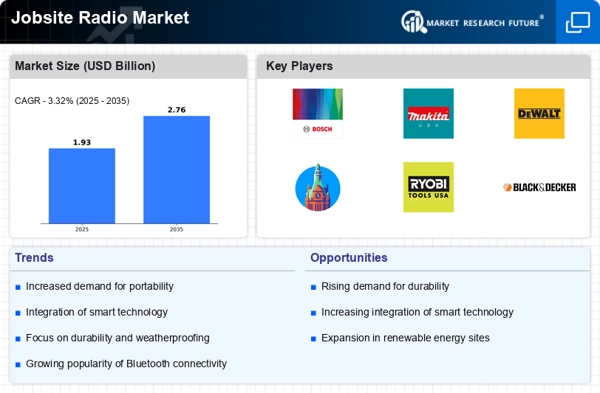
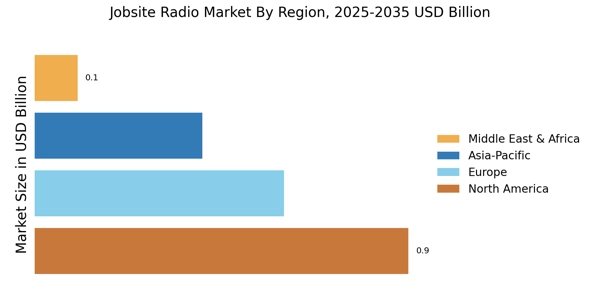
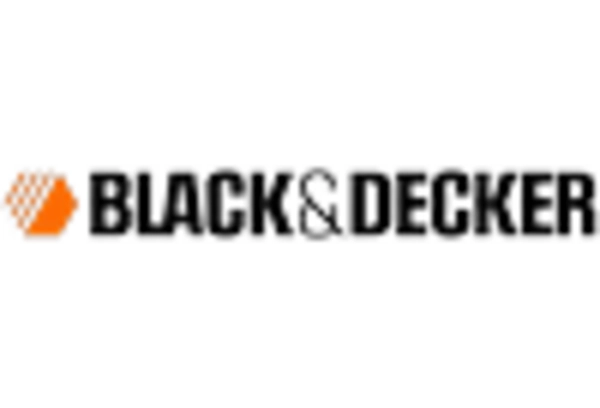

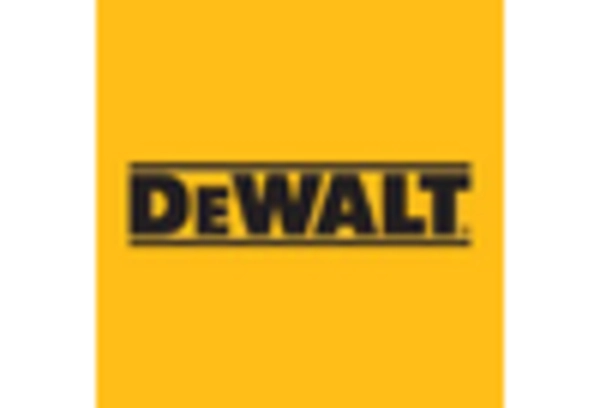
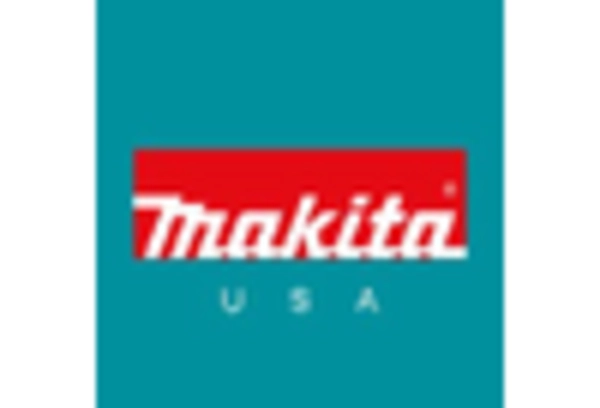

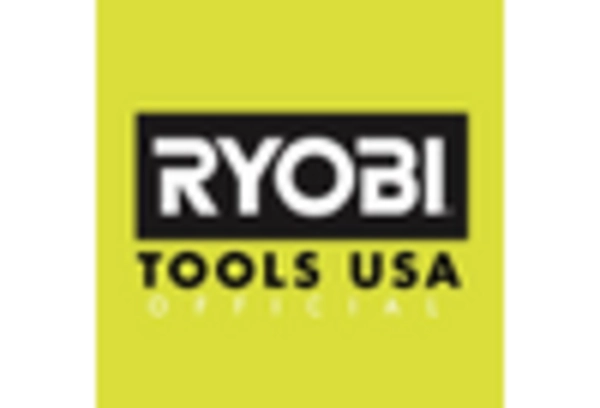








Leave a Comment